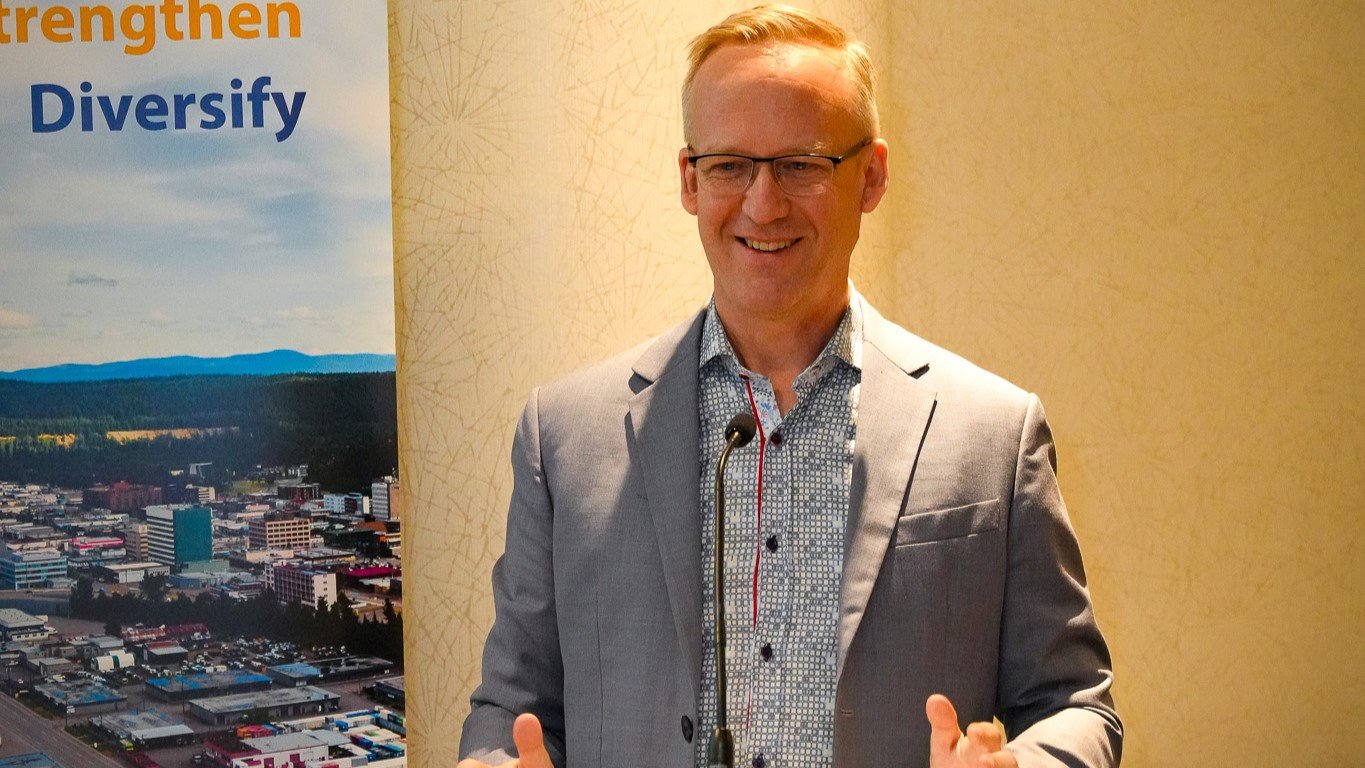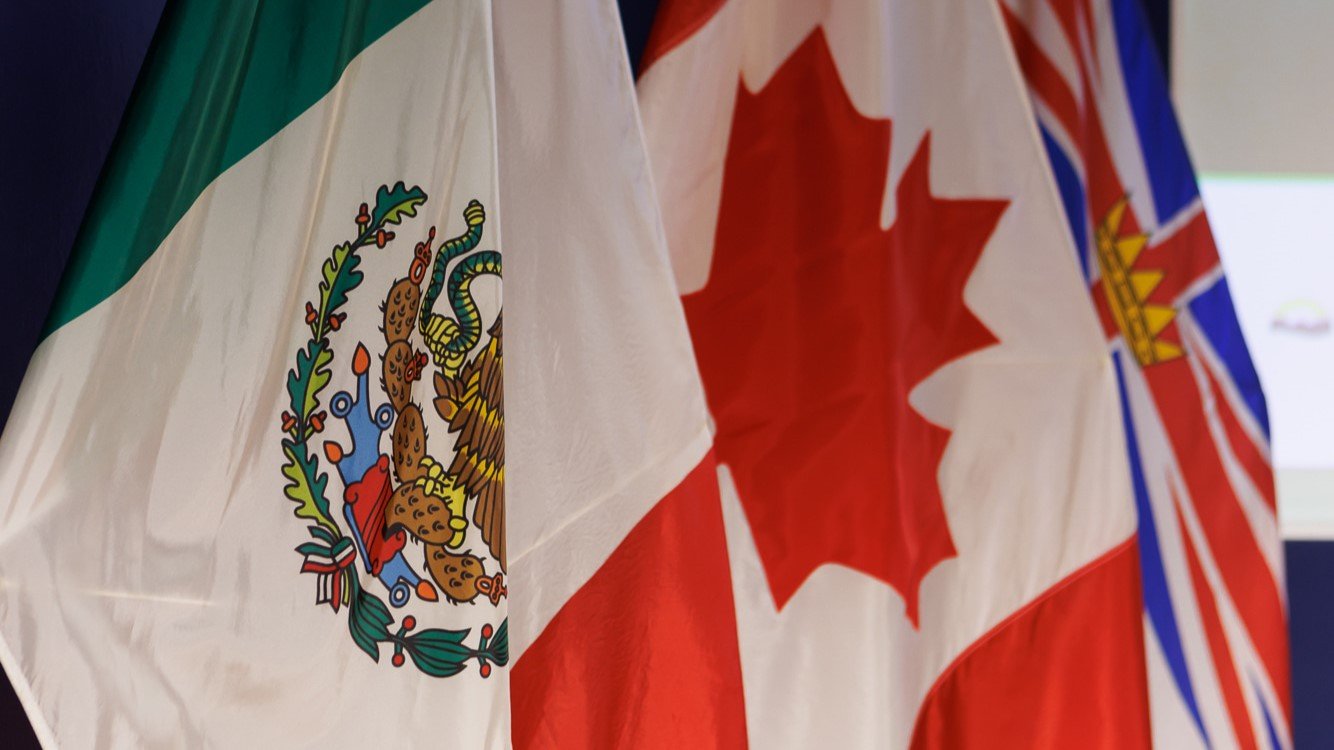
Seaspan & Corvus Reduce Emissions
British Columbia (B.C.) is committed to supporting sustainability across industries and a big part of that starts with clean, renewable energy. In British Columbia, hydro, and other clean energy sources are readily available and 98% of our power already comes from renewable sources.
Despite the abundance of renewable electric energy sources, 96% of transportation energy in the province is provided by fossil fuels. As a result, the use of transportation fuels accounts for almost 41% of B.C.’s total greenhouse gas emissions annually. To combat this, British Columbia is actively supporting the transition to clean energy vehicles and expanding the range of transportation technology and low carbon fuel options. CleanBC is British Columbia’s plan to build a low-carbon economy rich in opportunities, with improved infrastructure, shorter routes, and programs like Go Electric to lower the price of zero-emission vehicles. Partnerships between clean energy innovators and transportation industry companies are another way British Columbia is working to reduce transportation emissions.
Corvus Energy is based out of Norway and Vancouver and provides energy storage solutions for marine, oil and gas and port applications. It is leading the development of maritime batteries with improved capacity, lowered cost and enhanced safety and have recently partnered with Seaspan, the largest ship building company in British Columbia, to field test a new large-scale energy storage system (ESS).
The Reliant, a cargo vessel with service between Vancouver Island and the Lower Mainland, will have the Blue Whale ESS battery system installed later this year for the system’s inaugural field trial. It’s anticipated that it will more than triple the vessel’s energy storage capacity.
This alliance is part of a multimillion-dollar collaboration aimed at reducing emissions. The Seaspan work is part of the Field Validation of Energy Storage System Project, led by Richmond’s Corvus Energy with partners Seaspan Ferries, VARD Marine, BC Hydro and the University of British Columbia. Canada’s Ocean Supercluster will provide $2 million for the project; another $2.15 million in funding will come from the project’s industry partners.
These efforts to reduce the carbon footprint of transportation across the province not only preserve the pristine environment, but also reduce costs for shipping by shortening routes and improving vehicles and infrastructure.
Learn more about the opportunities and advantages of locating or investing in British Columbia by following Trade and Invest BC on LinkedIn or Twitter. For details about upcoming events or specific opportunities, contact a representative near you.
Related News
We Can Help
Trade and Invest BC helps facilitate foreign direct investment and has Trade and Investment Representatives in markets around the world. Contact the representative nearest you for support in investing in British Columbia.




